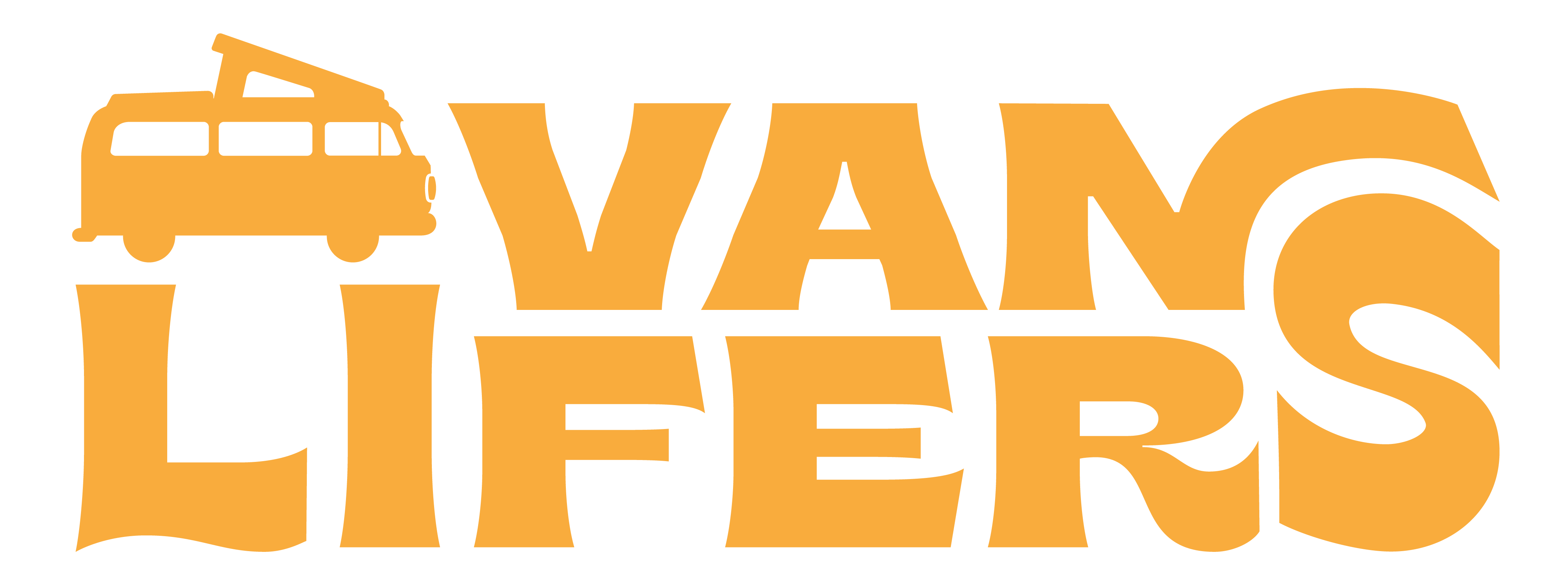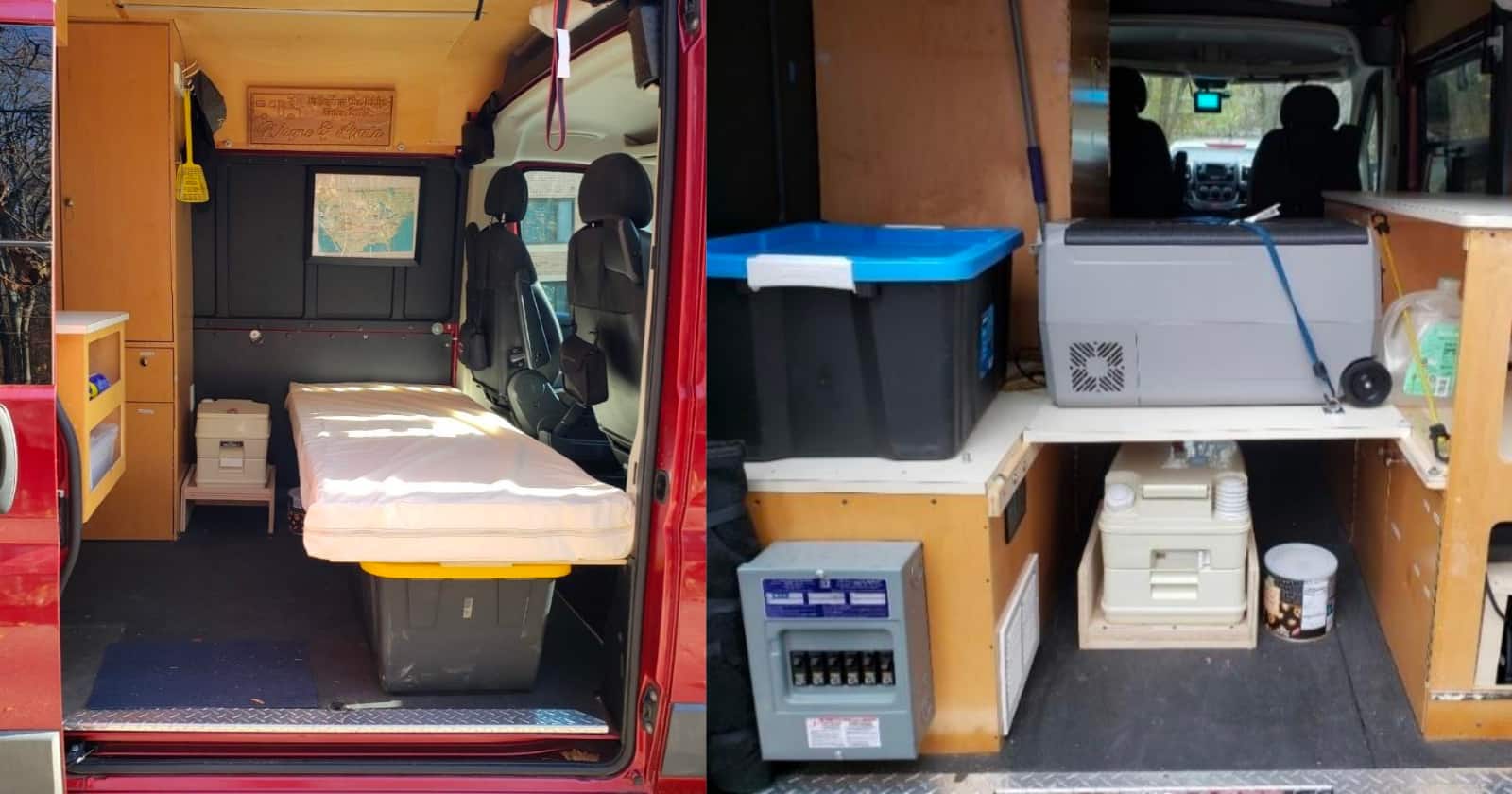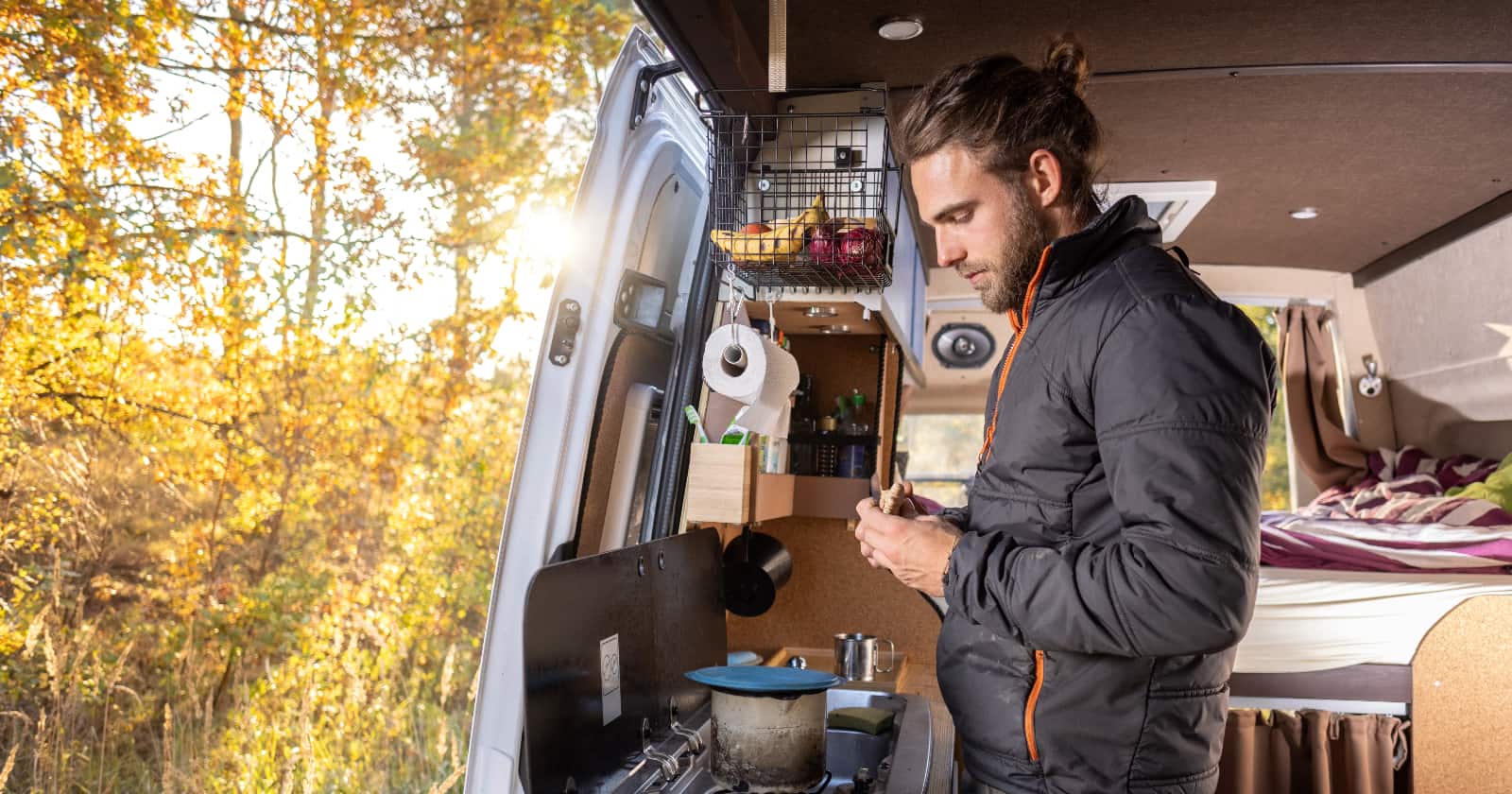Van Life From an Eco-Conscious Standpoint
Many people who are attracted to the van life do it because they want to shrink their carbon footprint. Unfortunately, traveling in a van has some environmental downsides. But don’t lose hope! There are always ways that you can create a more sustainable van life and make a positive impact on your surroundings.
Vans are already more eco-friendly than RVs because they are smaller and more fuel-efficient. If you change a few of your consumption and driving habits, you can save energy, fuel, and water. Plus, you can even cut back on the amount of trash you produce! All it takes is a mindset shift and a few habit adjustments.
Below we have eight tips you can use to start a sustainable van life. Of course, no one is perfect, and you may not be able to follow these habits all the time. But if you make an effort to be more mindful, you’ll be surprised at how sustainable your life on the road can be!
Start a Sustainable Van Life by Ditching Single-Use Items
One of the biggest things you can do to make your van more eco-friendly is to eliminate single-use items as much as possible. We live in a very one-and-done society, where almost everything is disposable. Although this is convenient for us, it generates a lot of unnecessary waste.
There are several items in your van that you can replace or supplement with reusable products. For instance, plastic silverware and straws are commonplace in society. But if you invest in a good set of washable cutlery and metal straws, you can eliminate this source of waste. On a similar note, a single reusable water bottle can replace entire packs of plastic bottles!
A sustainable van life might also include home-brewed coffee rather than single-use pods, reusable grocery store bags, and washable napkins, towels, and handkerchiefs. There are many ways to switch our consumption habits, and a van is a great place to implement these changes.
Use a Composting Toilet
Waste is another concern for many van lifers. There isn’t a lot of room for full bathrooms in some vans, and toilets can also be a major drain on your water supply. That doesn’t mean you should forgo this modern comfort though!
A composting toilet is a good solution for those who want a more sustainable van life. It doesn’t use much (if any) water and is fairly easy to transport. Look into the different options because some are more space-efficient than others. You may need to clean/empty it more often than you’re used to, but you won’t need to deal with a black water tank.
Promote a Sustainable Van Life by Installing Solar Panels
Solar panels are a popular choice for many people nowadays. Whether you own a home or a van, solar panels can help supplement your energy usage. These panels are hardy, so they can withstand almost any weather conditions. They’re also pretty affordable now, so most people can afford to outfit their van with a few panels.
If you use a generator, you could also explore a solar-powered model like the Jackery Portable Power Station. Solar-powered technology is very useful, especially if you travel in particularly sunny areas. Although they might not completely replace your need for your van battery or electrical hookups, some solar panels can lighten the load.
Cool Your Van Naturally
Next up, let’s talk about A/C. This is a wonderful modern convenience, and you might need to rely on it during particularly hot days. However, your air conditioning can be a massive energy drain that makes your whole setup less sustainable.
As such, it’s a good idea to rely on other methods to cool your van as much as possible. You can start by selecting shady campgrounds/campsites. A nice big tree will go a long way toward cooling you down. If your van has an awning, extend that as well.
Keep your RV closed during the heat of the day, and open once the temperature starts to drop. This will help you keep the heat outside and the cool air inside. Electric fans can be used to keep the air cool and circulating.
Use Biodegradable/Eco-Friendly Cleaning Products
Another facet of sustainable van life is making a neutral or positive influence on your surroundings. We tend to use a lot of chemicals in our day-to-day lives, and these can harm the environment if we throw them away or dump harmful wastewater.
To minimize this damage, explore some biodegradable cleaning products you can use around your van. There are certain paper towels, wet wipes, etc., that will break down better once you throw them away.
Some soaps are also designed to break down easily and are generally considered to be eco-friendly. Dawn dish soap is a famous example of a brand that has made efforts to be environmentally friendly. If you have wastewater that’s especially greasy, smelly, or oily, find an appropriate place to dispose of it.
Continue a Sustainable Van Life by Keeping Your Van in Good Shape
When talking about sustainable van life, it’s also worth mentioning the van itself. These vehicles are pretty large and heavy, so they tend to consume a lot of gas. This is all par for the course, but there are things you can do to shrink your carbon footprint (and save money along the way).
Keeping your van in good shape is an excellent place to start. Make sure your tires are appropriately filled, your oil is in good condition, and you’re not carrying too much weight. If your van is functioning well, it will use less gas and will produce fewer emissions.
You can also make your gas last by maintaining a steady speed on the roads and avoiding routes with steep hills (if possible).
Visit Recycling Plants
Recycling is a great way to keep your van eco-friendly. Unfortunately, not every park or campground provides recycling services, so this can be inconvenient. When you set up camp, try to set aside a specific container to serve as your recycling bin.
Locate the nearest recycling plant/drop-off location to where you’re staying. Most cities will have a place that you can go to, so put it on your map. Then, when it’s time to leave or read into town, you can bring the recycling container with you and drop it off at the right spot.
This practice will help you minimize waste that might have otherwise ended up in a landfill.
Conserve Water as Much as Possible
Finally, conserving water is a major component of a sustainable van life. Many places in the country are currently experiencing a drought, so it’s smart to use a limited amount of water. To do this, add some waterless cleaning products to your arsenal.
You can also use a composting toilet (as mentioned above), water-saving showerheads, and smarter dishwashing methods. Check out this guide to off-grid dishwashing methods if you want to see some great ideas. It’s easier than you think to cut back on your water consumption.
What other strategies have helped make your van life more sustainable and eco-friendly? Share in the comments below.




Hello ya all. I m going to be starting Van life . So with that where do Vaners stay when in towns ,” suburbs ” and you know no one ? Thks.